The Creeds
What Christians Believe
I figured it would probably pay to break down the creeds. They're helpful for understanding what exactly Christians believe. So that's what we'll do here.
~CCR
The Lord's Prayer
This, then, is how you should pray:
'Our Father in heaven, hallowed by your name,
your kingdom come, your will be done, on earth as it is in heaven.
Give us today our daily bread.
Forgive us our debts, as we also have forgiven our debtors.
And lead us not into temptation, but deliver us from the evil one.'
~30 AD±5
Our Father in heaven,
There are two key points in this line. The first is that Jesus addresses God as "Our Father" not as "Father" or "God of the Universe" or another such address. This makes it clear that God is the father of us all. Along with that comes all the things that accompany a typical paternal relationship.
The second point is "in heaven". It's the location in which God resides. A plane of existence outside of the normal confines of reality.
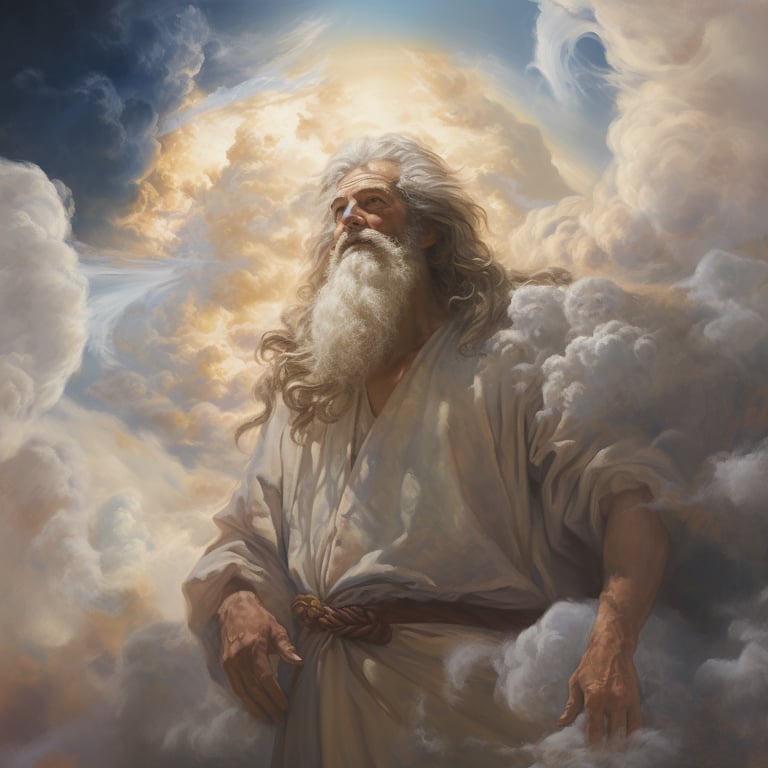

Hallowed by your name,
This line essentially means "holy" be your name. It's a statement of reverence for God and a recognition of the place that we hold before him. God is something holy and greater than everything else. We come before him in prayer, borrowing from the previous line, as children asking of their father.


Your kingdom come, your will be done, on earth as it is in heaven.
This line is praying for God's will to be done on earth as it is in heaven. Like the previous line, it reminds us of our submission to God. In heaven, God is the supreme ruler, and his will is always done directly. On earth, God is still the ruler and absolute sovereign, but he rules indirectly. Hence Lucifer being given the title of "prince of the power of the air". In this line, we're praying for the coming of God's kingdom to earth at the end of the age.


Give us today our daily bread.
Here, we ask God for daily provision. For enough resources to make it from one day to the next. Some people get lost in the bread part. It could be thought of instead as "give us that which we need to survive through today".


Forgive us our debts, as we forgive our debtors.
In this line, we ask God for forgiveness for the things that we mess up. It encompasses all of our sins against God and our fellow man.
However, our forgiveness is contingent on our granting of forgiveness to those who sin against us as well. God will not forgive us if we don't forgive others.


Lead us not into temptation, but deliver us from the evil one.
In this line, we ask God to protect us from ourselves. Temptation and opportunities for testing abound all around. The request here is for God to spare us from these trials.
The second part of this line asks for deliverance from the evil one. However, it doesn't explicitly specify who the evil one is. It can be assumed that Jesus is talking about the devil here but it could just as readily be a request for deliverance from ourselves.


For thine is the Kingdom, the power, and the glory forever and forever. Amen
The classic ending to the prayer isn't featured in the text of the earliest manuscripts. It's called the doxology and was likely added with the King James Version of the Bible.
On account of that, I don't have much commentary on it. It's pretty straightforward though. It's a statement that everything belongs to God which is consistent with the remainder of canonical scripture.


The Nicene Creed
We believe in one God, the Father, the almighty, maker of heaven and earth, of all that is, seen and unseen.
We believe in one Lord, Jesus Christ, the only Son of God, eternally begotten of the Father, God from God, Light from Light, true God from true God, begotten, not made, of one being with the Father.
Through him all things were made.
For us men and for our salvation he came down from heaven;
by the power of the Holy Spirit he became incarnate of the Virgin Mary, and was made man.
For our sake he was crucified under Pontius Pilate;
he suffered death and was buried.
On the third day he rose again in accordance with the scriptures;
he ascended into heaven and is seated at the right hand of the father.
He will come again in glory to judge the living and the dead, and his kingdom will have no end.
We believe in the Holy Spirit, the Lord, the giver of life, who proceeds from the Father and the Son.
With the Father and the Son he is worshipped and glorified.
He has spoken through the Prophets.
We believe in one holy catholic and apostolic Church.
We acknowledge one baptism for the forgiveness of sins.
We look for the resurrection of the dead, and the life of the world to come.
Amen.
We believe in one God, the Father, the almighty, maker of heaven and earth, of all that is, seen and unseen.
The opening of the Nicene Creed is a statement that Christians believe in one God, who created everything in existence. If it is not him and it exists, then it was created by God. The creed specifically refers to the Father God in this stanza. The other two members of the Godhead are addressed later.


We believe in one Lord, Jesus Christ, the only Son of God, eternally begotten of the Father, God from God, Light from Light, true God from true God, begotten, not made, of one being with the Father.
The second stanza of the Nicene Creed is a statement that Christians believe in Jesus Christ. However, it adds that he is the Son of God, and eternally begotten. That essentially means that Jesus is the second member of the Godhead and has existed for as long as God the Father has existed. This part is important because it puts Jesus on equal footing with God and essentially it means that he is God.


Through him [Jesus] all things were made.
Christians believe that the original creative act of God was done through Jesus. This is spelled out in the opening verses of John chapter 1. I'm not going to pretend that I understand how this worked mechanically, but the key takeaway is that both God the Father and God the Son were present during the act of creation. You could maybe say that Jesus is the logos of God. As in, John literally uses the word logos to describe Jesus.
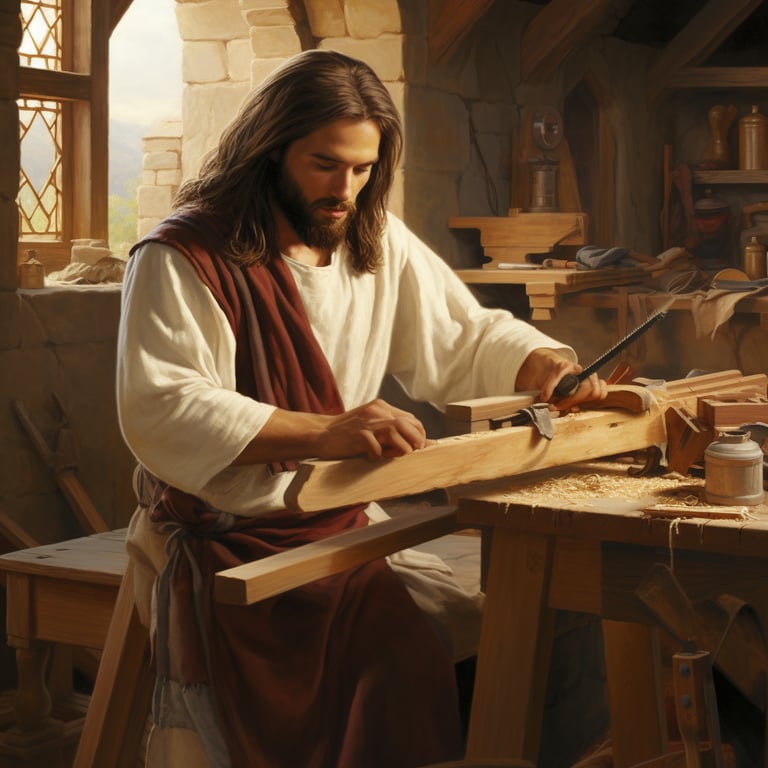

For us men and for our salvation he came down from heaven;
Christians believe that the reason Jesus departed from heaven was to save humankind. During The Fall of Man, we were branded with original sin which would require a personal and individual death to atone for. Jesus departed heave to sacrifice himself in our place so that the penalty of sin could be paid from his account instead of ours.
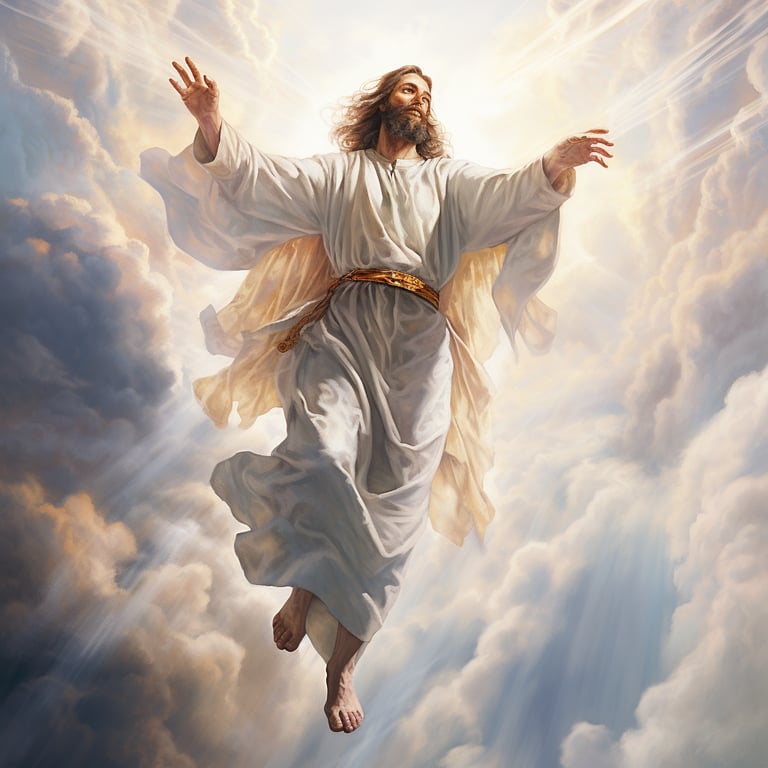

By the power of the Holy Spirit he became incarnate of the Virgin Mary, and was made man.
Christians believe that Jesus was incarnated as a man through the power of the Holy Spirit and the womb of the Virgin Mary. This makes Jesus both man and God. This gives him the power to pay the price of the original sin while also giving him the proper legal standing to do so.
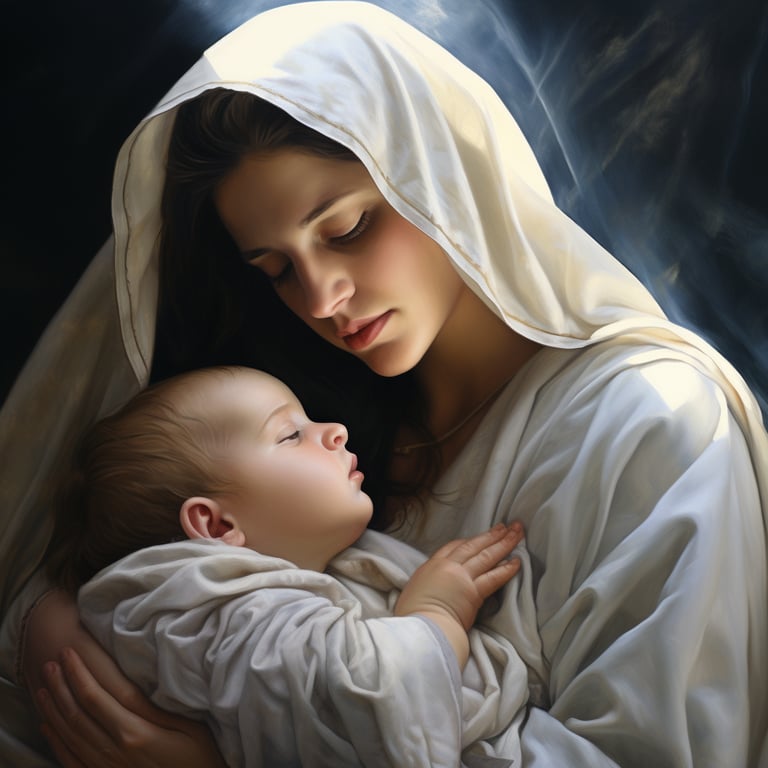

For our sake he was crucified under Pontius Pilate;
Christians believe that Jesus was crucified under the orders of Pontius Pilate. This was the death Jesus had to die in order to pay the price of original sin.
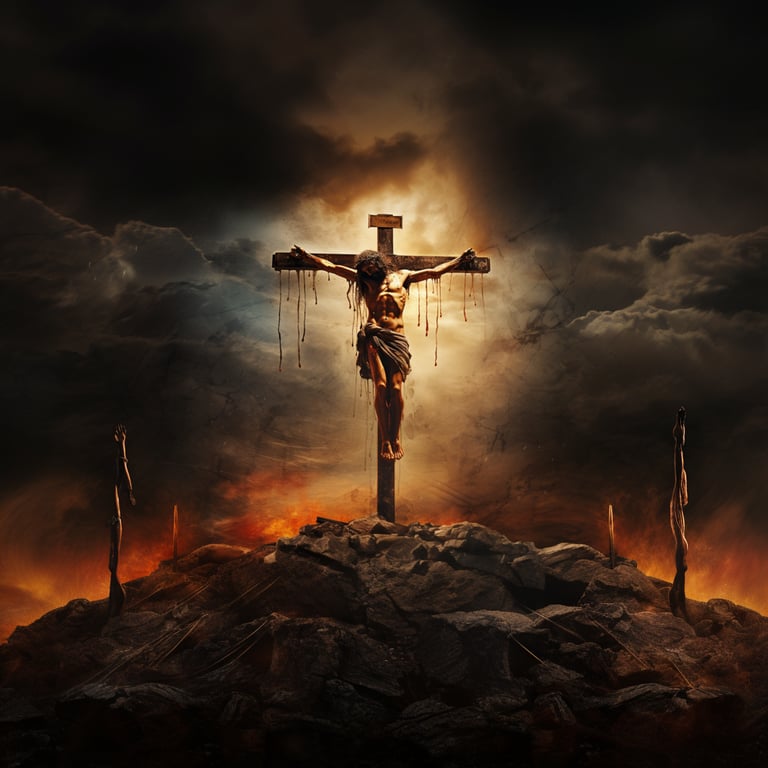

He suffered death and was buried.
Christians believe that Jesus died as a result of the crucifixion. He was completely dead. He was entombed to rot for all eternity just as would any other man who died.
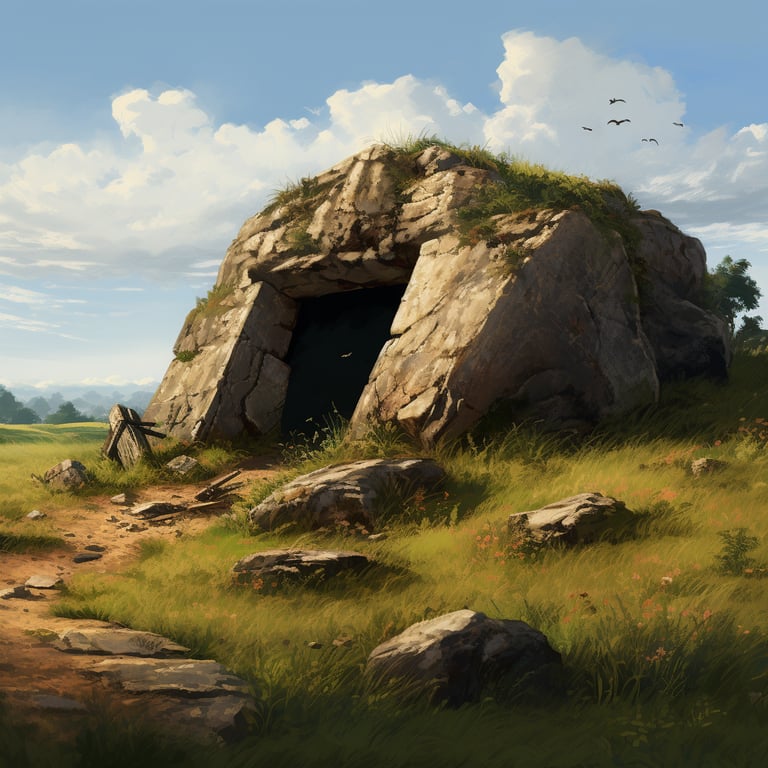

On the third day he rose again in accordance with the scriptures;
Christians believe that three days after the crucifixion, Jesus was resurrected from the dead in power and glory. Having been completely dead, he emerged completely alive.
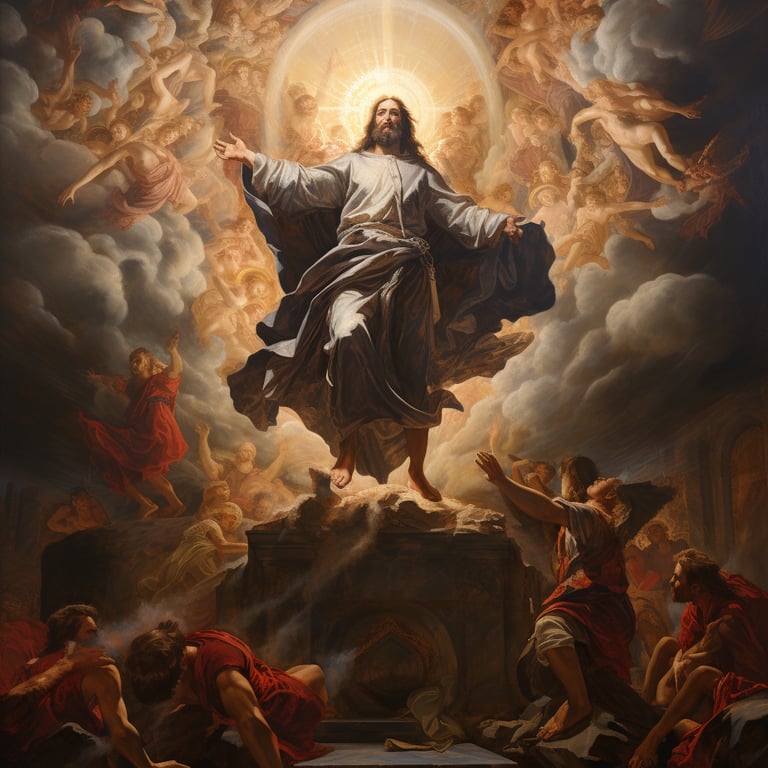

he ascended into heaven and is seated at the right hand of the father.
Christians believe that after rising from the dead, Jesus ascended back into heaven and is seated at the right hand of God the Father Almighty. If Romans 8:34 is to be believed, Jesus is actively interceeding for Christians around the world whilst sitting in his place of power at the right hand of the throne of God.
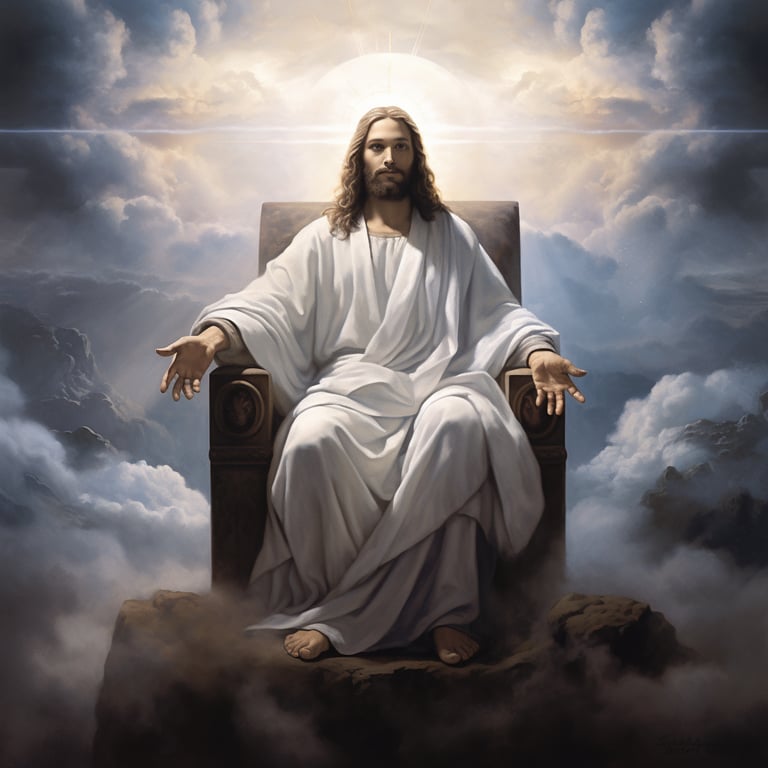

He will come again in glory to judge the living and the dead, and his kingdom will have no end.
Christians believe that Jesus will return to earth again at the end of the age to judge the living and the dead. This is usually referred to as the second coming. After the judgment is complete, Jesus will establish an eternal kingdom that will have no end. It will be the most glorious event in human history.


We believe in the holy spirit, the Lord, the giver of life, who proceeds from the Father and the Son.
Christians believe that the Holy Spirit is the third member of the Godhead. The Holy Spirit is sometimes referred to as the breath of God. The Holy Spirit is the most difficult member of the Trinity to comprehend. The Holy Spirit is to God and Jesus what the soul is to a human.


With the Father and the Son he is worshipped and glorified.
Christians believe that the Holy Spirit is on equal footing with Jesus and God. All three of them make up the Godhead and are members of the Trinity.
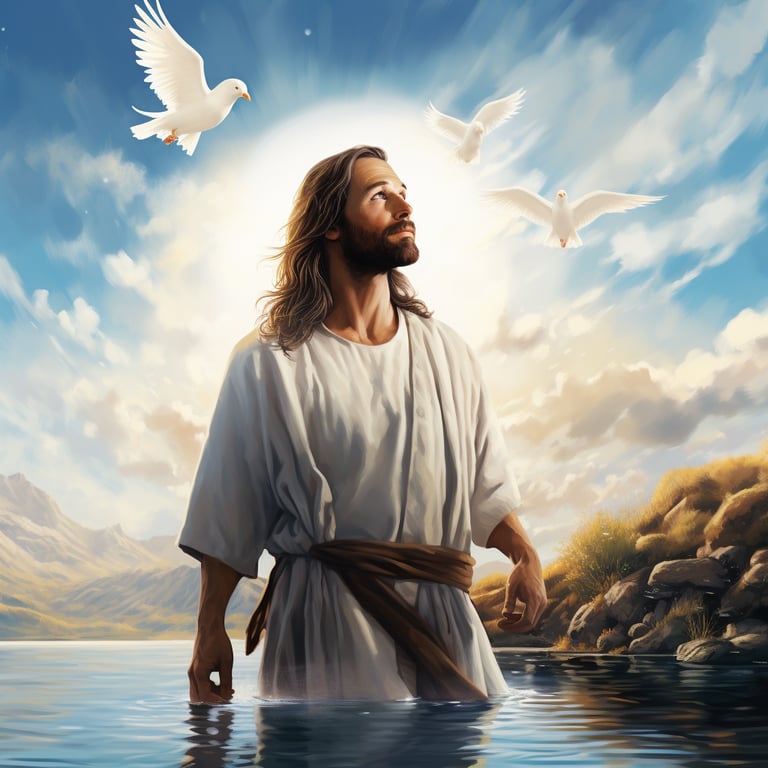

He has spoken through the Prophets.
Christians believe that the Holy Spirit is the member of the Trinity who speaks through the prophets throughout all the ages. They also believe that the Holy Spirit indwells all believers.
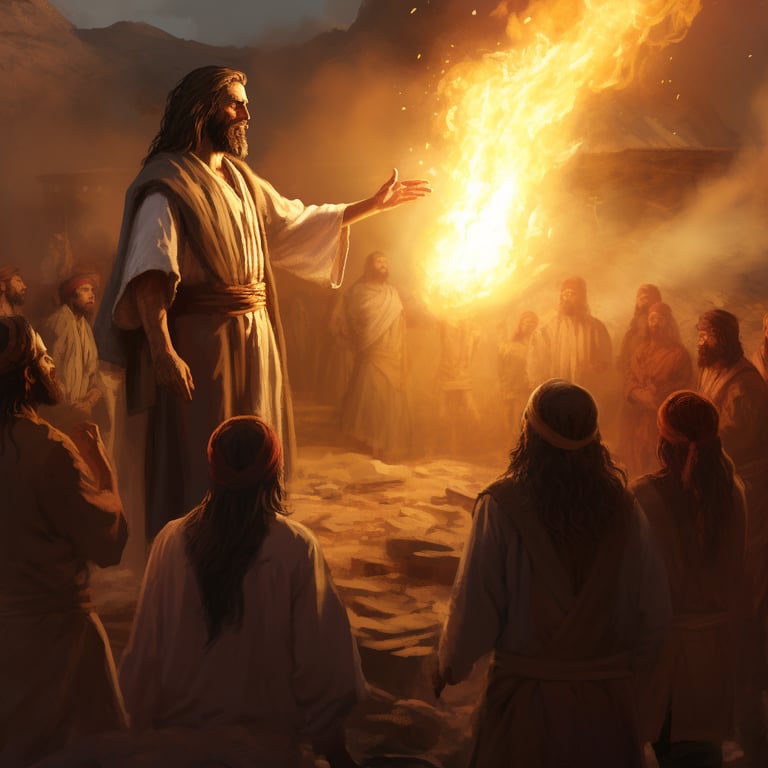

We believe in one holy catholic and apostolic Church.
Christians believe that there is but one church under God and that the existing church can trace back its lineage to the apostles that Jesus left on earth when he ascended back into heaven. Catholic here means "including a wide variety of things" and doesn't refer specifically to the Catholic denomination of Christianity.
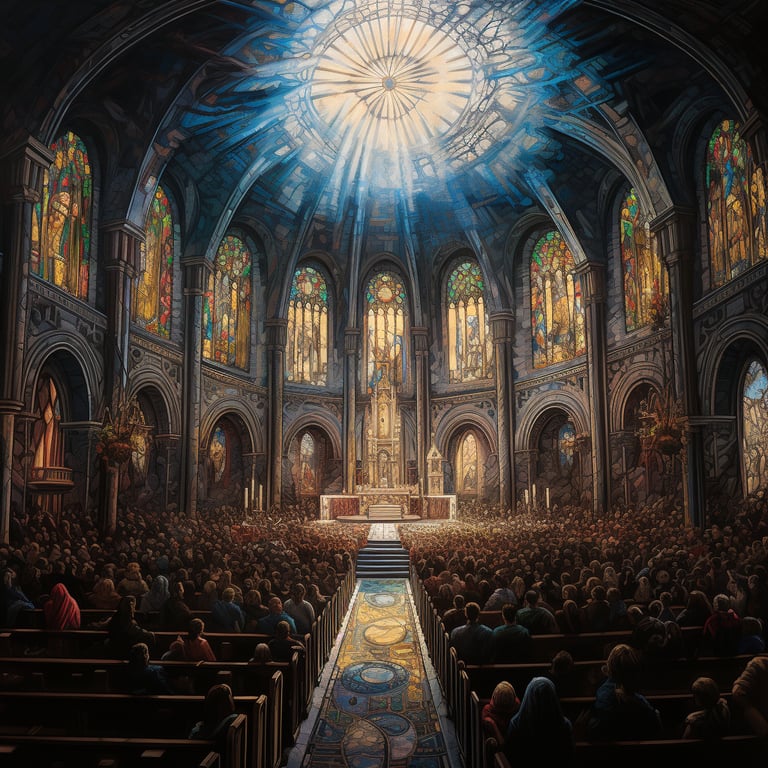

We acknowledge one baptism for the forgiveness of sins.
Christians believe that a person can be baptized once for the forgiveness of their sins. Subsequent baptisms are unnecessary.
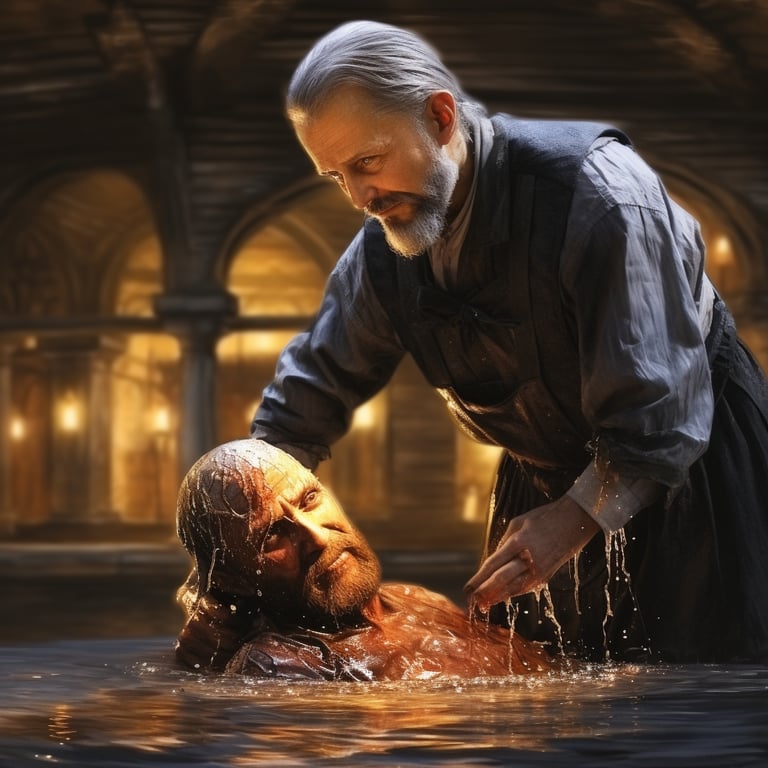

Christians believe that at the end of the age, the dead will be resurrected. Those who believe in Jesus will have their sin debt washed away and enter into eternal life in a new kingdom that God will create at that time.
We look for the resurrection of the dead and, and the life of the world to come.


Amen expresses agreement and approval. It is from the Hebrew and it means "truth, certainty". Ending a prayer with it is like saying "it is most certainly true".
Amen.


The Overall Structure of the Nicene Creed
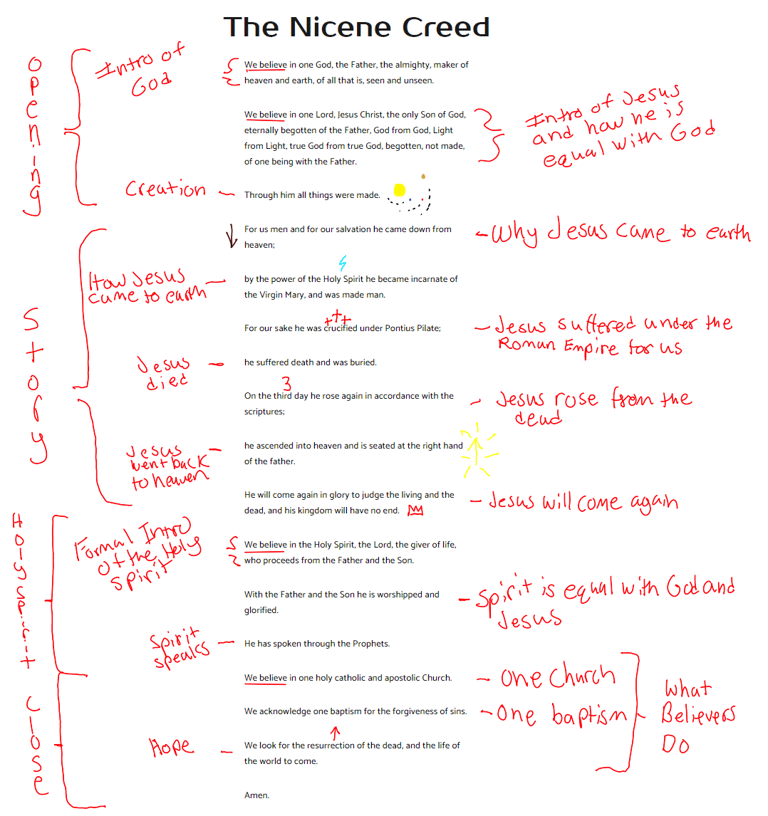

The Apostle's Creed
I believe in God the Father Almighty, Maker of heaven and earth.
And in Jesus Christ, His only Son, our Lord;
Who was conceived by the Holy Spirit;
Born of the Virgin Mary;
Suffered under Pontius Pilate;
Was crucified, dead and buried;
He descended into Hell;
The third day He rose again from the dead;
He ascended into heaven;
And is seated at the right hand of God the Father Almighty;
From there He shall come to judge the living and the dead.
I believe in the Holy Spirit;
The Holy Christian Church,
the Communion of Saints;
The Forgiveness of sins;
The Resurrection of the body;
And the life everlasting.
Amen.
The first line in the Apostle's Creed is a confession of belief in God the Father and that he created heaven and earth which is to say everything.
I believe in God the Father Almighty, Maker of heaven and earth.


The second line adds belief in Jesus Christ and the connection that he is the son of God the Father.
You'll notice that the Apostle's creed is very terse compared to the Nicene Creed which really gets into the meat of the theology.
And in Jesus Christ, His only Son, our Lord;
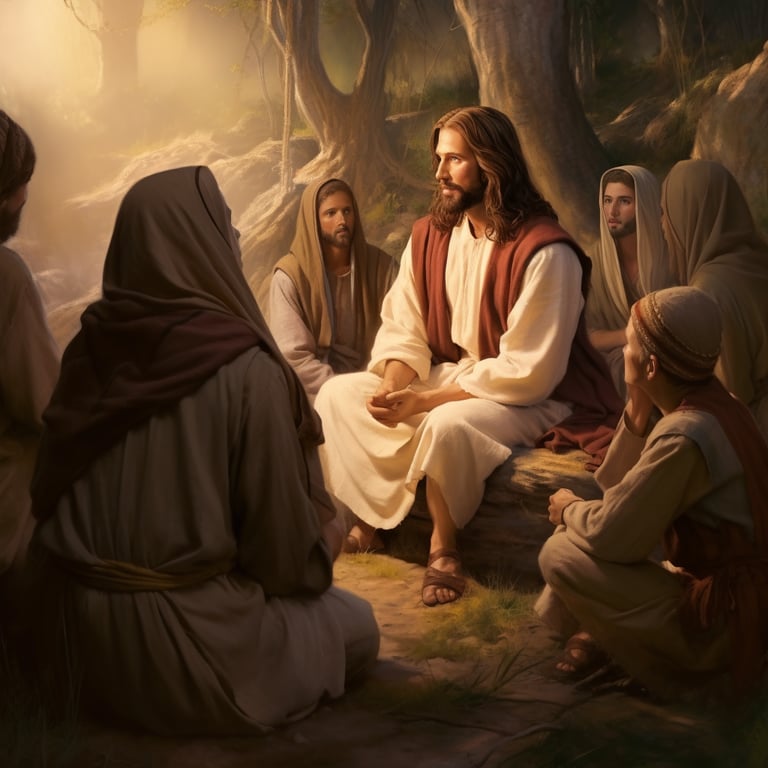

The third line of the Apostle's creed is a confession that Jesus was conceived by the Holy Spirit using miraculous means.
He was conceived by the Holy Spirit;
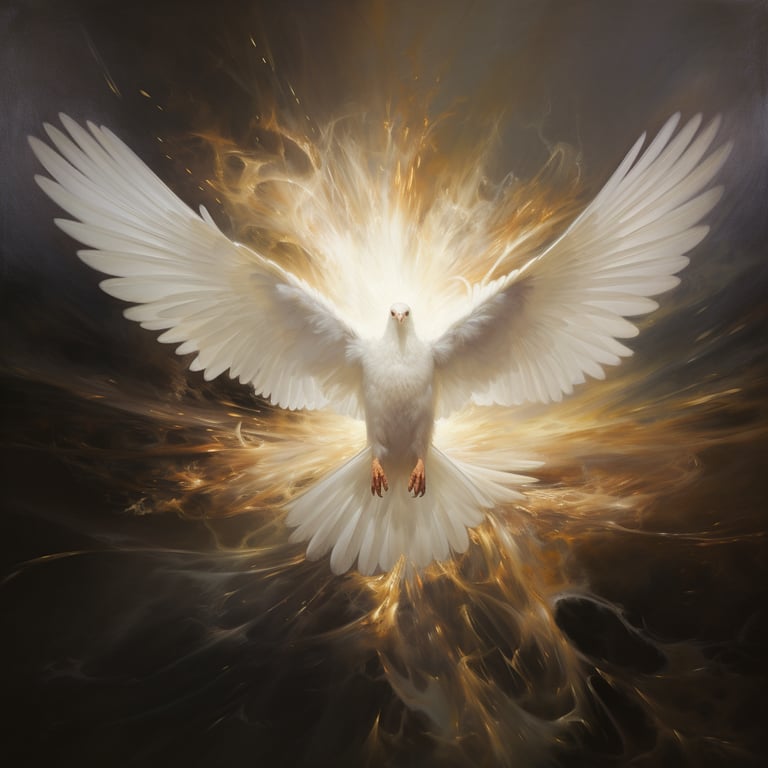

This line confesses that Christians believe that Mary conceived through the power of the Holy Spirit while still a virgin.
Born of the Virgin Mary;


This line states that Christians believe that Jesus suffered under the hand of Pontius Pilate. A historical figure and a representative of the Roman Empire.
Suffered under Pontius Pilate;
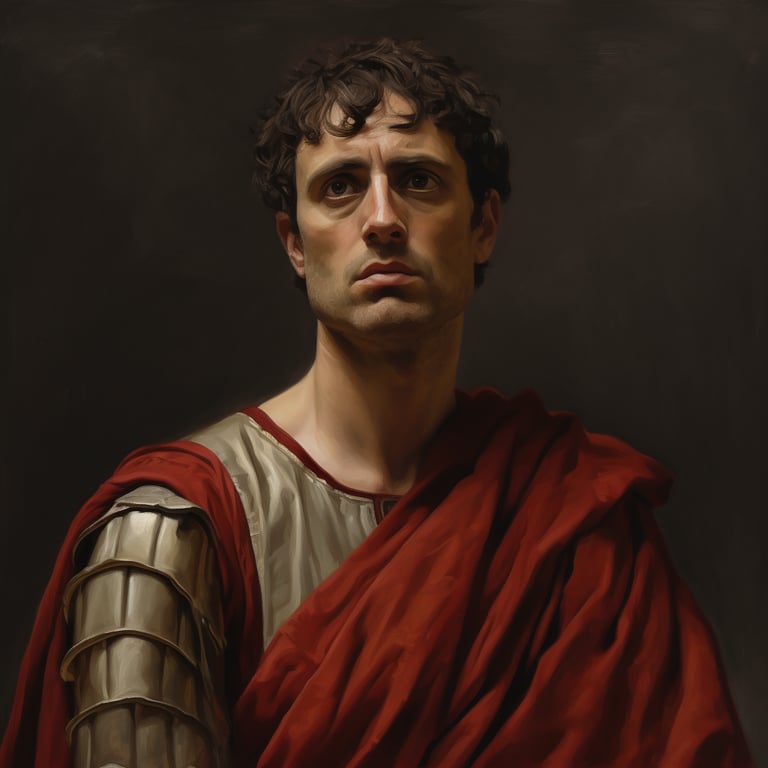

This line states that Christians believe that Jesus was crucified and died as a result.
Was crucified, dead, and buried;
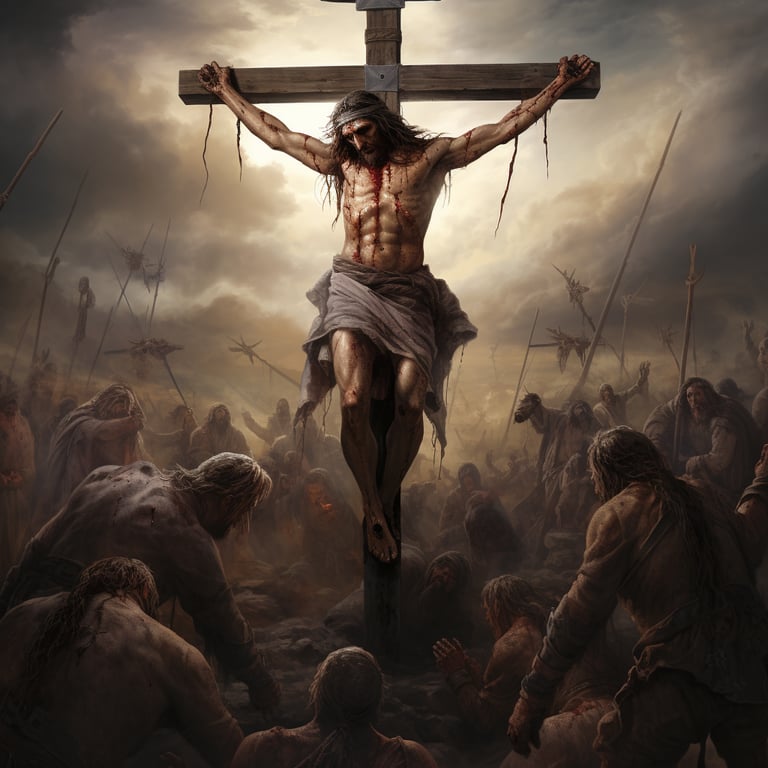

This line is a bit tough to crack. Some see it as symbolic of Jesus' redemptive work. Others see it as Jesus traveling to the realm of the dead to proclaim his victory over death and his triumph in the redemptive plan.
He descended into Hell;
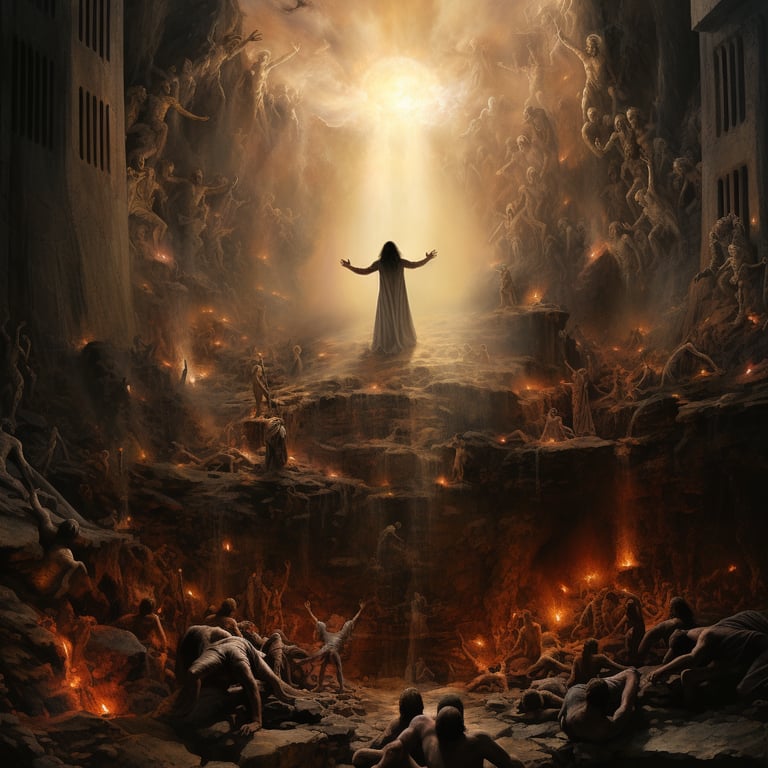

This line states that Christians believe that Jesus rose from the dead after three days in the grave. This was a return from complete death to complete life.
The third day He rose again from the dead;


After his resurrection, Christians believe that Jesus ascended to heaven where he is still hanging out to this day.
He ascended into heaven;
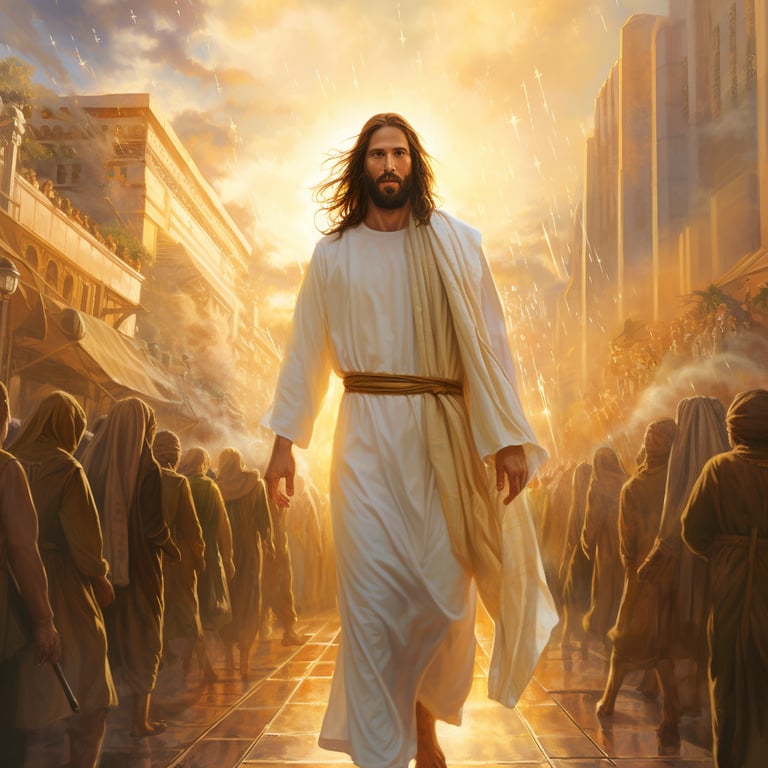

Christians believe that Jesus is sitting at the right hand of God. As I mentioned during the Nicene Creed breakdown, it is thought that he's sitting at the right hand of the Father interceeding on behalf of Christians still in the world.
And is seated at the right hand of God the Father Almighty;
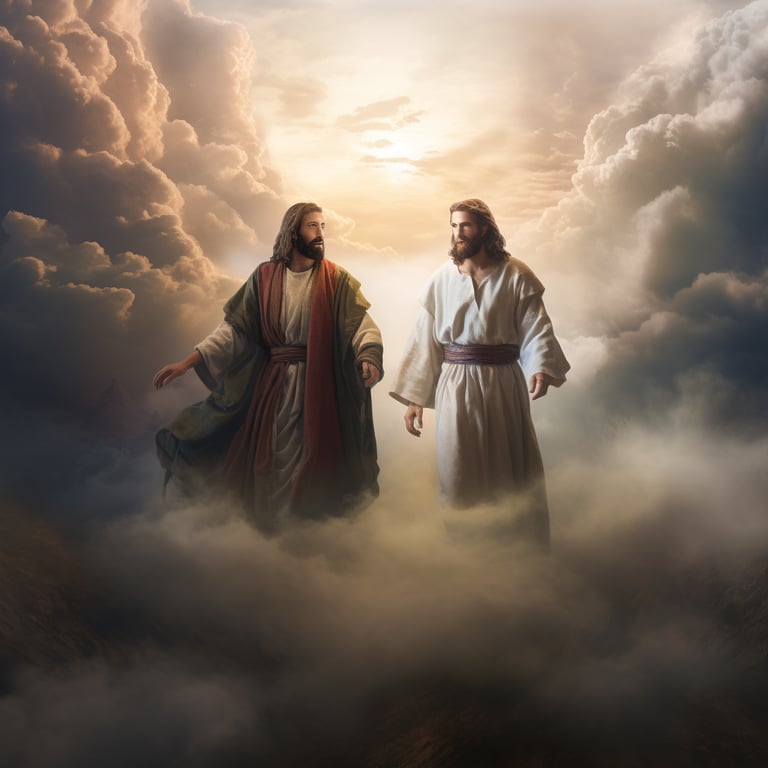

Christians believe that at the end of history, Jesus will return to earth in the second coming to judge the living and the dead.
From there He shall come to judge the living and the dead.
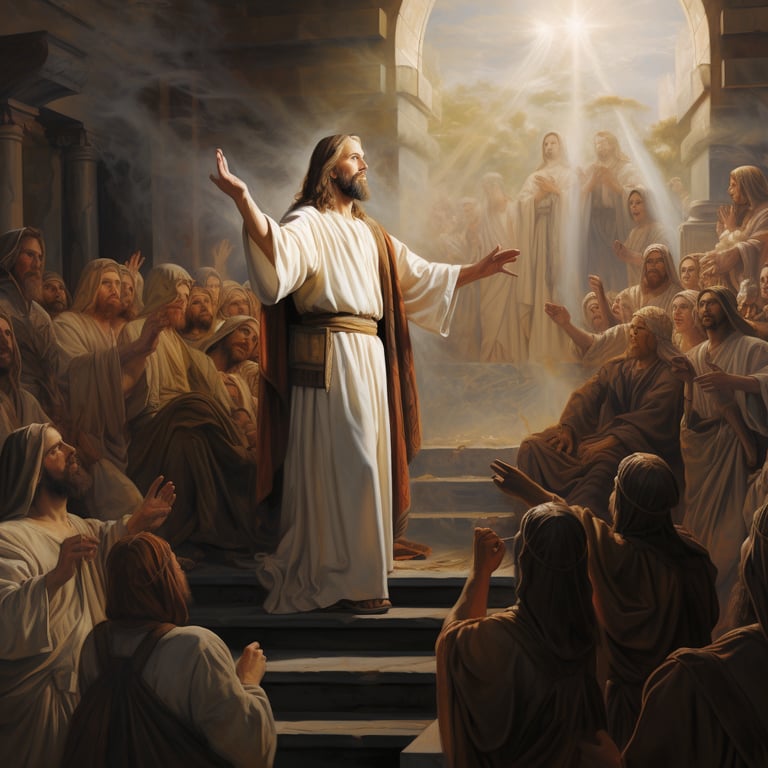

Christians believe in the Holy Spirit which is the thrid member of the Trinity.
I believe in the Holy Spirit;
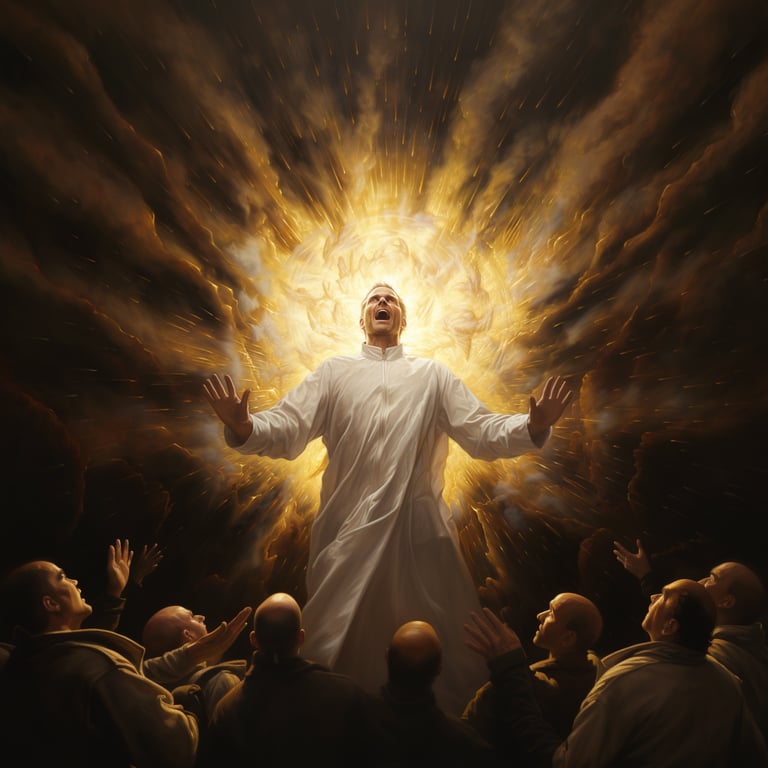

Christians believe there is only one united church. This version of the creed has "Christian" but historically the Apostale's Creed also featured the use of the word catholic to describe the Christian church as a whole as well.
The Holy Christian Chruch;
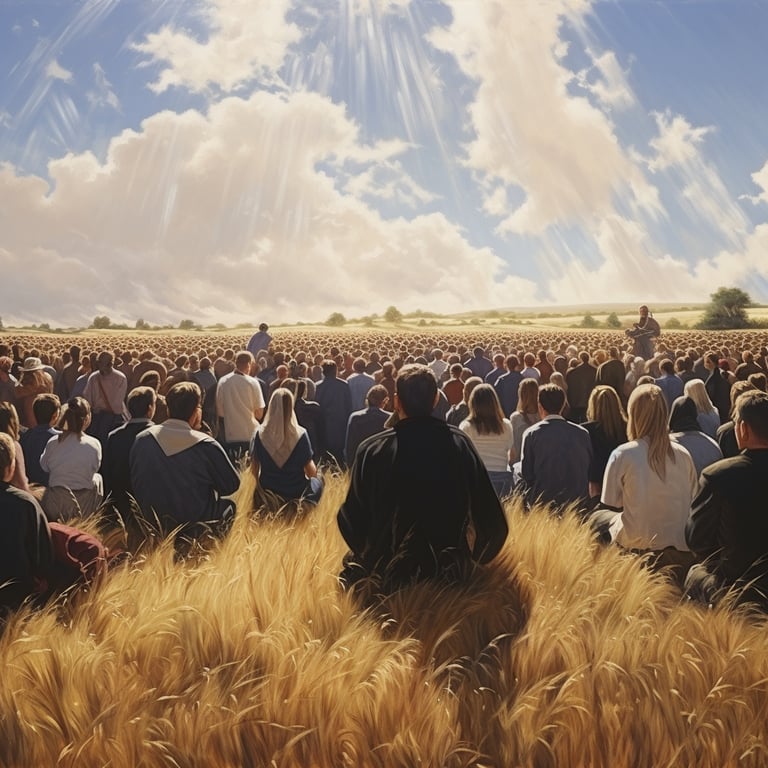

Christians believe that all believers in Christ, both past and present are united.
The communion of Saints;
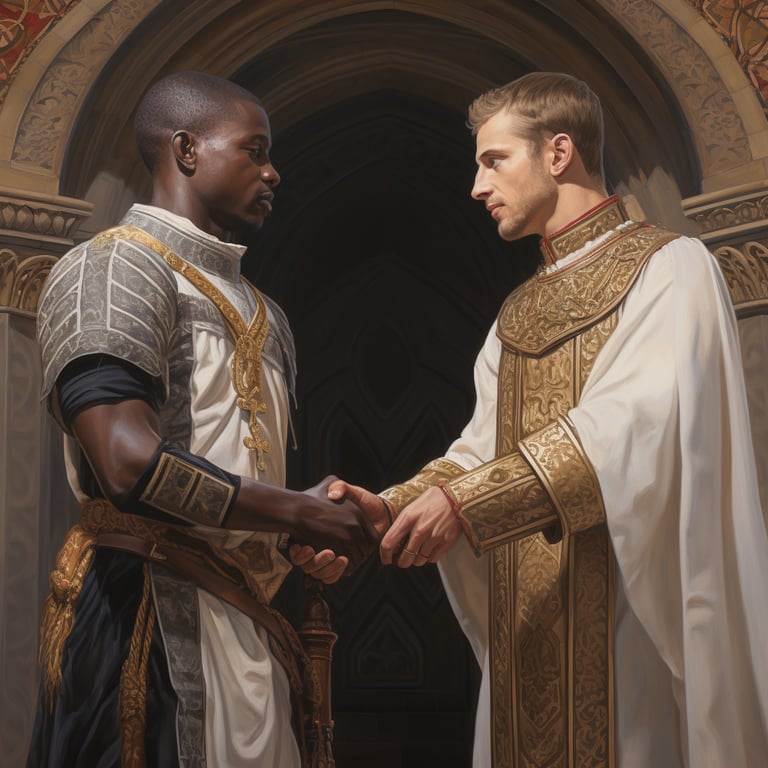

Christians believe that sin can be forgiven and that by dying on the cross, Jesus did bring about the forgiveness of all sin.
The Forgiveness of sins;
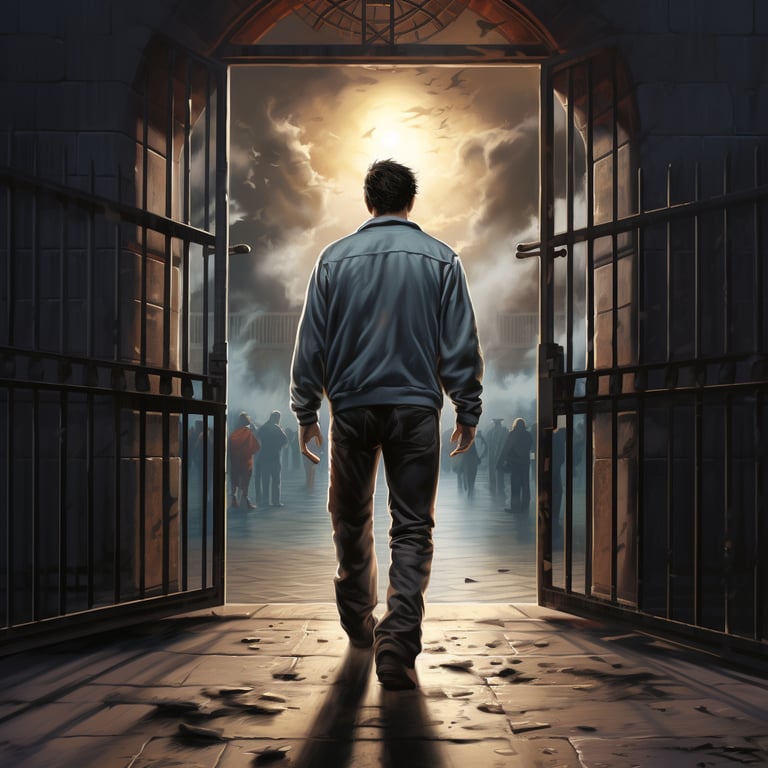

Christians believe that there will be a resurrection from the dead after the death of the body.
The Resurrection of the body;


Christians believe that those who believe in Jesus will have eternal life after they are resurrected from the dead.
And the life everlasting.


Amen expresses agreement and approval. It is from the Hebrew and it means "truth, certainty". Ending a prayer with it is like saying "it is most certainly true".
Amen.


The Overall Structure of the Apostles Creed
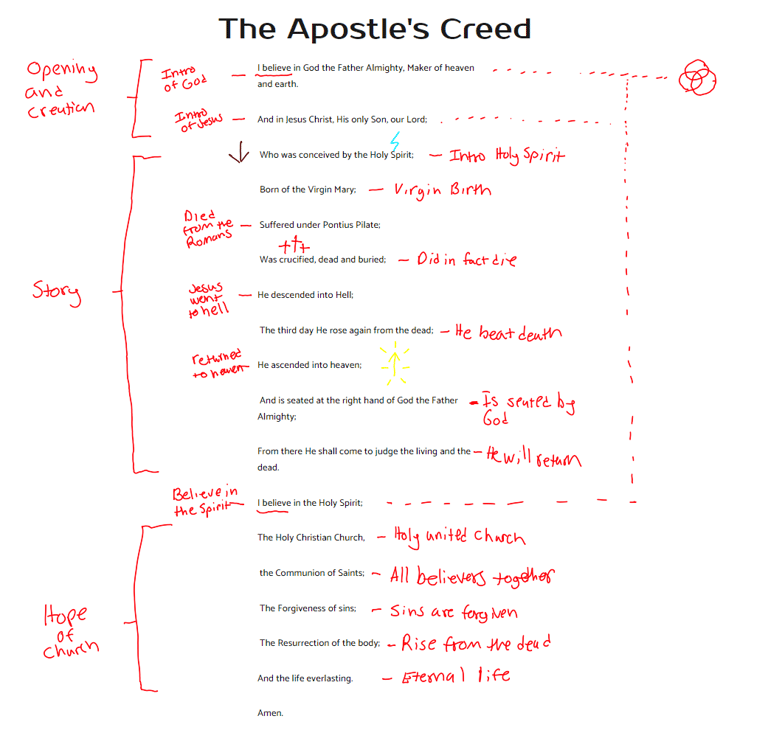

The Apostles Creed Vs The Nicene Creed
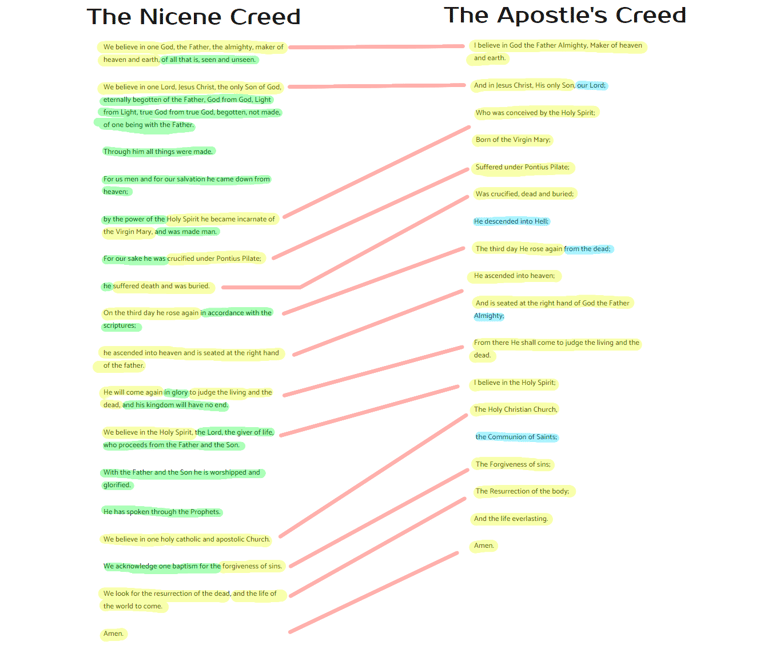

The Apostle's Creed is more or less the abridged version of the Nicene Creed. It strips out a lot of the redundant theology that was explicitly added to the Nicene Creed to ensure there were no opportunities for wiggle room. Unsurprisingly, they both share the key points.
